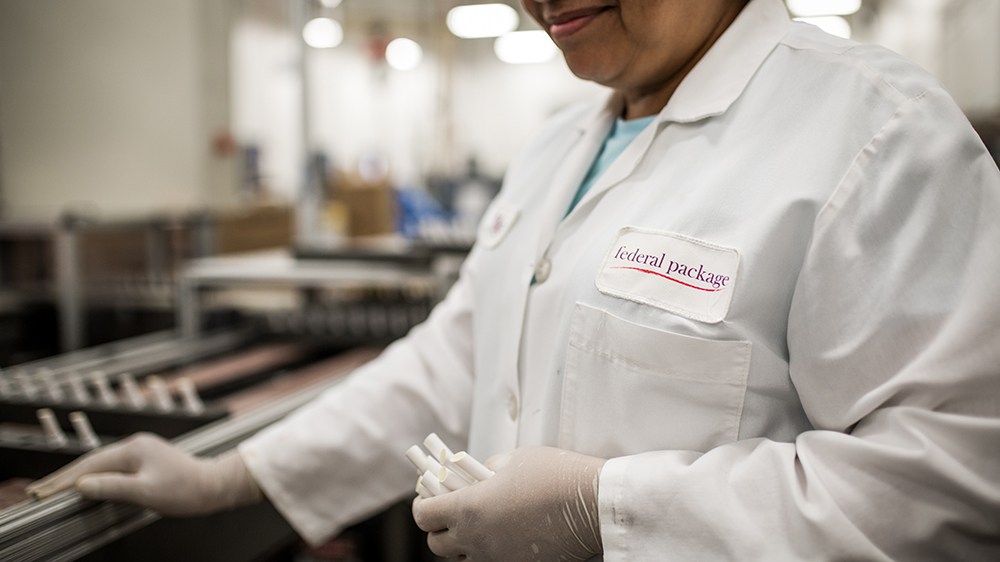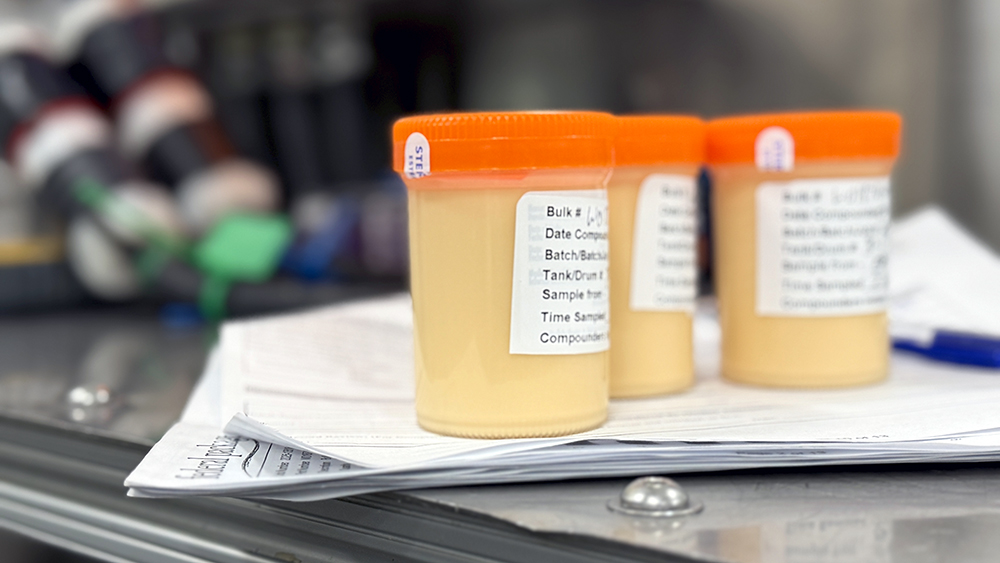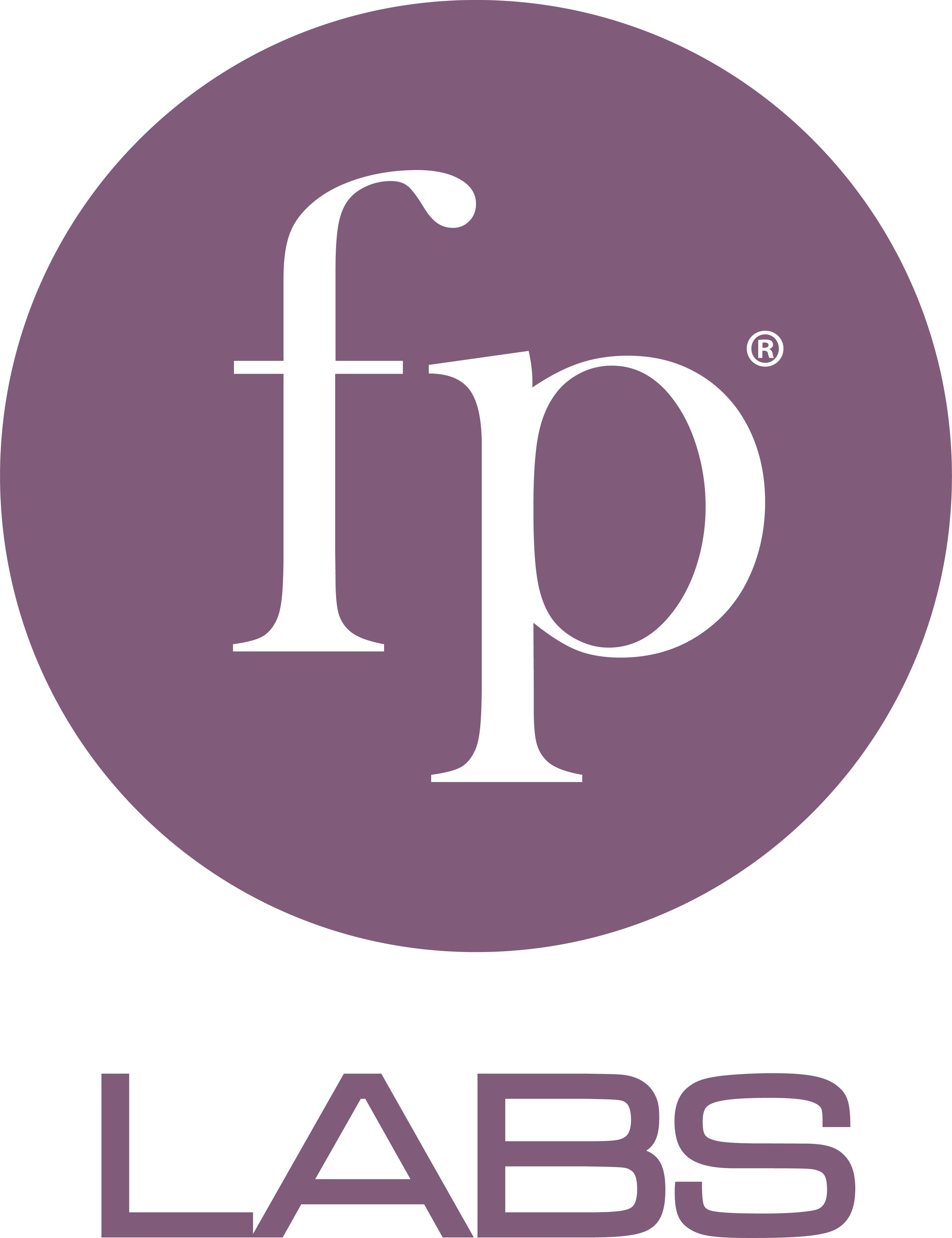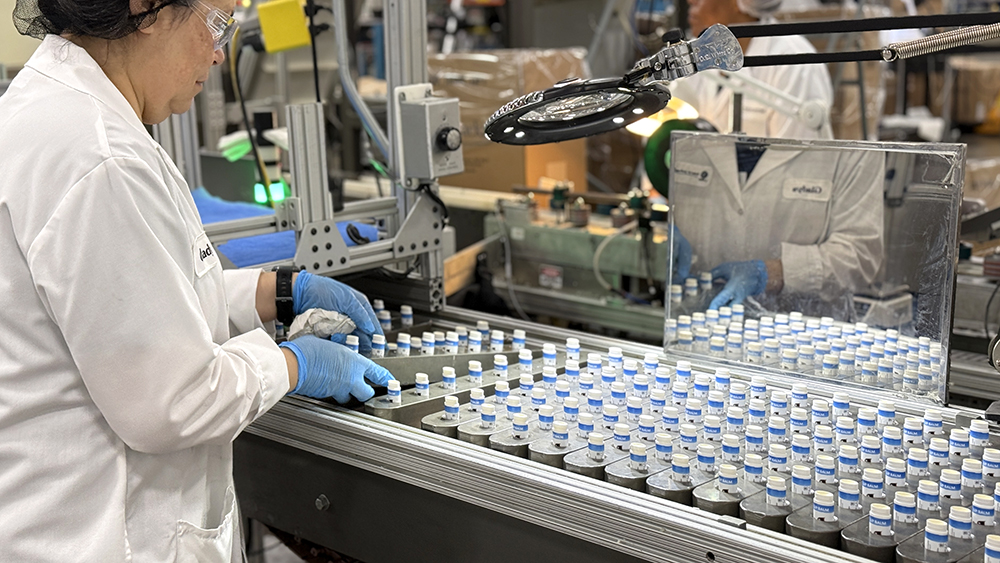Scaling a beauty brand is exciting, but compliance missteps can turn momentum into delays. FP Labs helps you anticipate regulatory challenges, streamline development, and keep your launch on track.
Key Regulatory Basics Every Brand Should Know
What does the FDA regulate in cosmetics?
The Food and Drug Administration (FDA) oversees the safety and labeling of cosmetics sold in the United States. While the FDA does not pre-approve most cosmetic products, it does enforce strict rules around ingredients, labeling, and claims to protect consumers.What is MoCRA?
The Modernization of Cosmetics Regulation Act (MoCRA), passed in 2022, marked the first major update to U.S. cosmetic law in more than 80 years. MoCRA strengthens requirements for safety substantiation, facility registration, product listing, and recordkeeping. It’s shaping the future of compliance for every beauty brand.State-level regulations
Individual states are passing laws to enhance ingredient safety for consumers by banning toxic chemicals, such as PFAS, formaldehyde, and heavy metals. This state-by-state examination of regulations, which can vary significantly across jurisdictions, poses compliance challenges for beauty brands. Organizations like the Independent Beauty Association (IBA) are working to track these state-level changes for the benefit of brands developing new products.What’s the difference between cosmetics and OTC drugs?
Cosmetics are products intended to cleanse, beautify, or alter appearance — such as moisturizers, lipsticks, and shampoos. Over-the-counter (OTC) drugs are products that treat or prevent a health condition or affect how the body functions, such as sunscreens, antiperspirants, or anti-dandruff shampoos. Some products can fall into both categories, which makes classification and labeling especially important.
Common Missteps for Emerging Brands
Even the most promising beauty products can falter when compliance isn’t prioritized. Some of the most frequent challenges we see include:Making unsubstantiated or “drug-like” claims
Marketing a moisturizer as if it “treats eczema” or a serum as if it “reverses arthritis” may shift the product into drug territory and put the brand at risk with the FTC. Without the scientific studies and approvals required for drugs, these claims could halt a product launch.Waiting too long or not deciding on product standards
A brand may move forward with a formula and only later decide they want it to be “vegan” or “cruelty free.” By that point, ingredient changes can require reformulation and new testing, adding cost and delays. Understanding the key features of your product and what sets it apart from other products will save your brand time and money. Similarly, major retailers and distributors have their own sets of guidelines for products they deem acceptable to sell. Having a short-term and long-term view on distribution is a key strategic decision that will help to get the product right the first time.Overlooking FDA registration and labeling requirements for OTCs
Sunscreen, antiperspirant, and anti-dandruff shampoos are a few items that are classified as OTC drugs. Launching these products requires FDA registration, label requirements, like drug facts on the label, and pre-launch testing. Understanding timelines and requirements before planning to launch an OTC will help to ensure product success.Moving forward without fully understanding compliance responsibilities
Some brands assume compliance details will fall into place along the way. In reality, requirements span formulation, testing, labeling, and recordkeeping — and overlooking even one can jeopardize timelines and consumer trust.Avoiding these missteps protects your brand’s momentum and keeps your growth plans on track.
How FP Labs Helps You Stay Compliant
Regulatory compliance doesn’t have to slow you down. At FP Labs, we integrate it into every stage of development so your brand can scale with confidence. Our team partners with you to anticipate requirements, eliminate surprises, and ensure your products meet the highest standards.Here’s how we help:
- Scalable formulation strategies that anticipate ingredient sourcing needs at larger production volumes.
- Packaging and labeling expertise that ensures your products meet FDA standards and retail requirements.
- Ongoing partnership throughout development to educate, flag risks, and keep projects on track as regulations evolve.
With FP Labs, compliance becomes a steady part of your brand’s growth journey.

Best Practices for Scaling Beauty Brands
Scaling a beauty brand means thinking ahead from day one. The decisions made early in product development determine whether a launch moves smoothly or stalls in costly revisions. Successful brands begin with the end in mind and carry compliance through every stage of growth.Build compliance into your development process
From the first sketches of your product concept, consider how regulations will shape formulation, packaging, and labeling. A compliance-first mindset prevents surprises later and helps keep projects on schedule.Stay current with regulatory updates
Regulations evolve. Staying aware of new rules keeps your products aligned with today’s standards and tomorrow’s expectations.Plan claims and certifications before formulation
If your brand identity includes “vegan,” “clean,” or “free-from” positioning, those decisions are best made before formulation begins. Early planning ensures your ingredient choices match your claims and saves the cost of reformulating later.Choose a partner who guides the process and keeps you aligned
While your team defines the vision, FP Labs walks beside you to navigate classifications, timelines, and packaging requirements. Our role is to guide each step once the process begins, ensuring your products are compliant and scalable.FP Labs simplifies compliance so you can focus on building your brand.
Ready to Navigate Cosmetic Regulations with Confidence?
Whether you’re preparing to launch your first product or scaling into retail, FP Labs is here to help you move forward without costly delays. Our compliance specialists partner with you to build consumer trust and ensure your products are safe, compliant, and market-ready.

